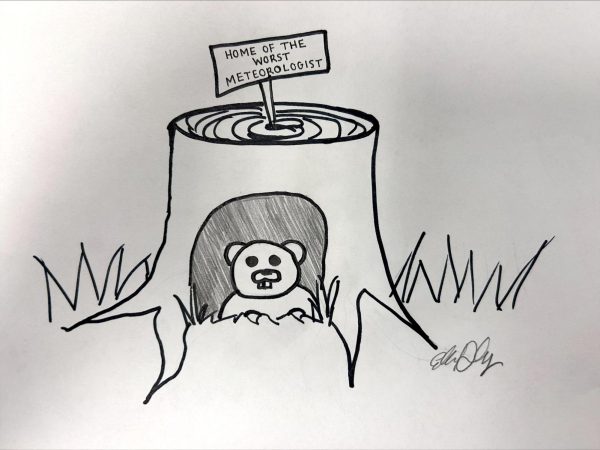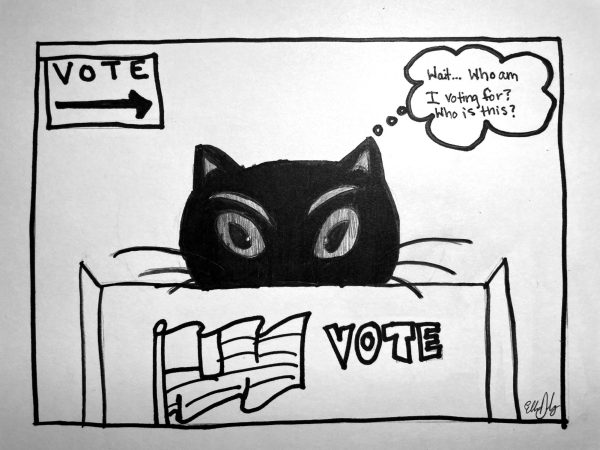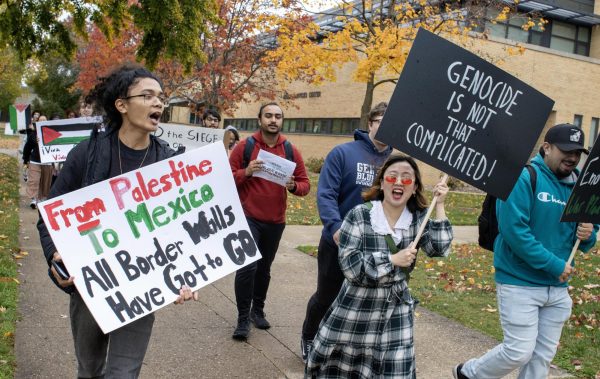Editorial: Old enough to serve, old enough to drink
January 15, 2020
More and more recently, social media users have posted their thoughts comparing serving in the United States military to the legal age to smoke tobacco products.
The common argument made is that if someone is old enough to serve in the United States military (minimum age to serve is 18), then they are old enough to smoke, drink alcohol, etc. (minimum age is 21).
On the face, it seems to make sense.
The whole basis of this argument seems to be the volunteer aspect of both sides of it. People can voluntarily join the military, and people can choose to smoke, drink alcohol, etc.
On top of that, the “danger” of both sides seems to be another reason people compare the two.
If you join the military, there is a chance you could be stationed in a combat zone; on the flip side, if you choose to smoke, you are (theoretically) assuming the risk of getting lung cancer, etc.
Based on these facts, the argument looks to be standing on a solid foundation: Both serving in the military and smoking have a possible risk to your health and safety, and both are something you do voluntarily.
The problem is, these are two very different parts of life.
There is a bit of United States government hypocrisy in this whole situation, but that will come later.
The United States military is comprised of 1.3 million active-duty troops, according to a New York Times article from 2017, with approximately another 865,000 reserves.
Of those troops, only about 18,200 are in places where combat has been consistent in recent years (Afghanistan, Syria and Iraq), according to a New York Times article from October. Other troops are in Africa and other parts of the Middle East (Saudi Arabia and other Persian Gulf nations), but according to the article, combat is not as active in those areas.
With that said, the approximate chance that someone enlisted in the military will be in a situation where they may encounter fighting is about 1.4 percent (18,200 in combat areas divided by approximate 1.3 million active duty personnel).
That is a very low number to compare to the hundred million plus United States citizens who can go and start smoking right away consistently.
A lot of military personnel never get stationed in an area where fighting is happening or is likely to happen, while in that same time, someone could smoke enough to develop serious health issues.
The CDC states that smoking even a few cigarettes occasionally increases your risk for lung cancer, and that risk goes up if you smoke more often and more cigarettes.
So, yes, while it is somewhat hypocritical that the government will accept you to go off and serve in the military in possibly dangerous situations before you can smoke or drink, think about the background information that goes into such a blanket argument.
On top of that, the Pew Research Center reported in 2017 that the average age of enlisted personnel in 2015 was just above 27, so using the age of 18 as a focal point in an argument about the age to enlist or drink or smoke is a little misleading.














































